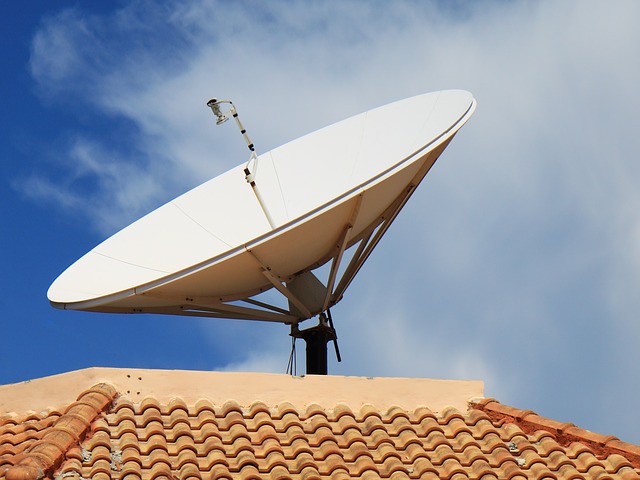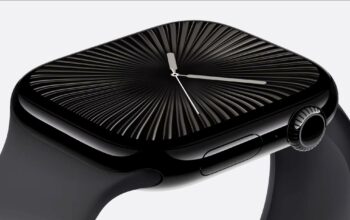Truthfully, bad weather can have a great impact on the performance of satellite TV more than any other TV connection. Primarily because it is placed on the roof or anywhere facing a certain direction to get the signals. Even the most well-engineered satellite system can get affected by uncertain weather conditions.
The signals can fluctuate – get affected very badly while heavy rainfall takes place irrespective of where you reside. People who live in localities where it rains heavily experience this a lot. Similarly, satellite performance can get affected by snow, which is accumulated on the dishes, as well.
Though there are some great satellite providers in the US market today, for year’s people have given preference to cable TV services. That is the crucial reason why and how Spectrum TV and Xfinity TV have their footprint in more than 40 states today and still winning more consumers every day. Their exceptional performance and what they bring to the table for their customers are the primary factors why customers are choosing them over and over again to date.
Now let’s dig deeper into how rain can affect satellite TV and what are the factors that can be reduced.
- When it rains, the drops of rain absorb the signals coming toward the satellite dish. Also, the electromagnetic waves on satellite dishes start to detract and refract due to the drops of rain. Although there are mini dishes that are specially designed to tackle weather conditions, still, the large dishes have been proven to be more efficient in bad weather conditions.
- The performance of satellite TV does not only get affected by rain but snow, fast winds, and fog too. Mostly, the satellite TV signals are within the Ku-band (Kurz beneath band). As the name suggests, the Ku-band is found straightforwardly beneath the K-band. The K-band reverberates with water – hence, can be scattered across by the atmospheric dampness – be it clouds or humidity – especially when the weather is terrible. The Ku-band can transmit at higher frequency and data rates. Although it can provide pretty acceptable signals it can penetrate through air and water, yet, it can still be influenced by awful climate as it is near to the K-band. Moreover, most of the satellite receivers have built-in error correctors – that can automatically correct if there is any signal fluctuation.
- Well, the solution for this problem i.e. poor reception caused by uncontrollable bad weather conditions can be dealt with the relocation of the satellite or dish – if your dish is placed beneath trees or at the top of your house where there are higher chances of water falling on the dish, please consider migrating the dish to a relatively drier place where the rain can be avoided. And, if the satellite/dish is located on one side of the house, you can put fiberglass on it – it will work as a shield against water and snow – eventually reducing the chances of getting affected by erratic weather changes.
- Furthermore, the other option is to spray a non-stick spray on your satellite dish – once after every three months (if the area, you live faces heavy rainfalls or snowfalls). This stops drops of the rain (that could cause fluctuations in the satellite TV signals) from sticking to the dish.
- The dish gets unaligned with the satellite system if there is heavy wind as well, like rainfall. This happens mostly when the dish is fixed on any taller pole. Although it can be aligned by yourself too, we suggest calling someone who is a professional for realignment.
Conclusive Notes
We have tried to cover all the possible solutions to all the common reasons which can affect your satellite TV in the afore-mentioned article. There could be more factors or dissimilar situations that would be causing trouble with your satellite TV connection, we would suggest you analyze them all and try to take precautionary measures accordingly.
Any measure doesn’t guarantee that your satellite TV will remain unaffected however it can greatly reduce the chances of interruptions to zero chances. This also depends on where you reside and how smartly you deal with the challenges as you would primarily relying on DIY (Do It Yourself) solutions anyway. We would encourage you to share your experiences and what measures you have had taken which worked for you in the comments section underneath so it can help the maximum number of people.



